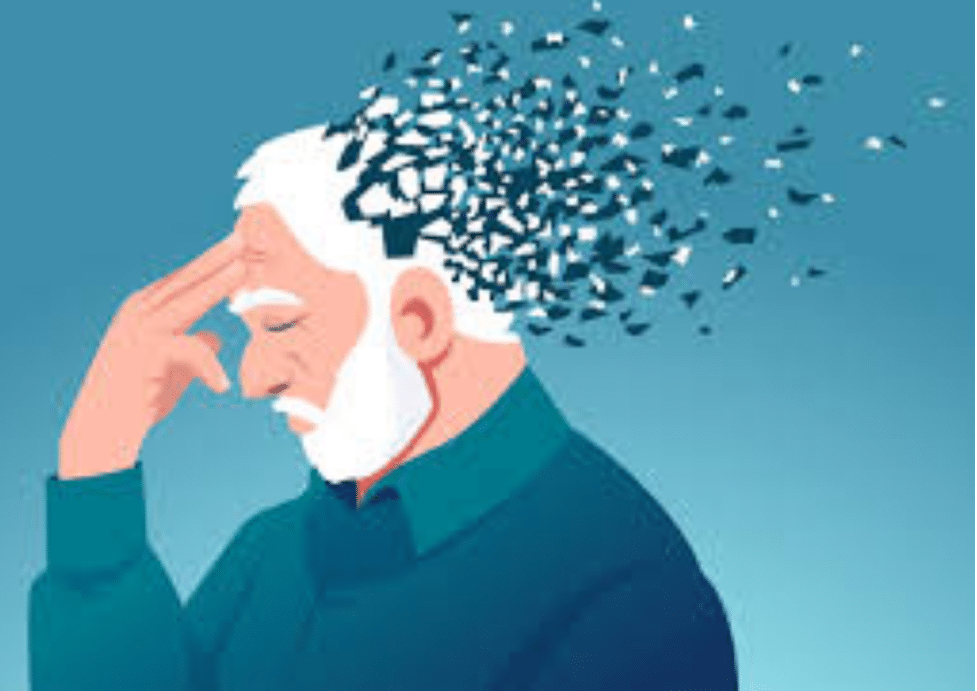Many mental health challenges such as stress, anxiety, and depression has risen significantly in the era of advanced world. But still traditional therapeutic approaches like counseling, medication, and mindfulness practices remain central to mental well-being. Travelling has emerged as a powerful, albeit underexplored, contributor to mental health. Tour of beautiful place offers an escape from daily routines but also provides a suitable pathway for relaxation, personal growth, and emotional rejuvenation. This well detailed article delves into the multifaceted ways in which tourism positively impacts mental health, emphasizing its potential as a tool for holistic well-being.
Reduce the Stress Through Escapism
Top benefit of tourism is stress reduction. Travelling to any spot whether to a distant tropical island or a serene countryside always offers an opportunity to disconnect from the daily grind of work, responsibilities, and urban chaos. This limited time break from routine can alleviate mental fatigue and reduce cortisol levels, the primary stress hormone. Multiple researches have shown that being in a new environment encourages relaxation, helping individuals decompress and gain mental clarity.
Natural travelling spots, such as beaches, mountains, and forests, have effect on reducing stress. These environments are a sense of peace and tranquility that urban settings often lack. Natural base tourism, including hiking, camping, or visiting wildlife sanctuaries, allows individuals to reconnect with the natural world, fostering a sense of serenity and grounding.
Boost Mood and Emotional Resilience
Tourism can significantly enhance mood by stimulating positive emotions. The novelty of new experiences, coupled with the joy of exploring different cultures, cuisines, and landscapes, can be a sense of excitement and wonder. These type of emotions counteract feelings of monotony and low energy often associated with busy routine life.
Additionally, tourism allows individuals to build emotional resilience. Interaction withunfamiliar situations whether it’s navigating through a foreign city or overcoming language barriers help individuals develop problem-solving skills and adaptability.
Enhancing Cognitive Function
Traveling to any a new destination always engages the brain in way that everyday life does not. Meeting with people, learning new languages, and adapting to different cultural based norms stimulate cognitive functions like memory, creativity, and problem-solving.

Cultural base tourism plays an important role in cognitive stimulation. Travel to the number of historical landmarks, museums, art galleries and many other spots not only enriches knowledge but also provides a source of inspiration and intellectual fulfillment. This amazing mental basedengagement can lead to a greater sense of purpose and motivation, which are key components of mental well-being. Tour to Dubai is a complete package of mind freshness where people from all over the world come. During to visit here, you can visit metal health care center in Dubai to overcome your mental stress.
Physical Activity with Mental Health
Various forms of tourism inherently involve physical activity have a positive impact on mental health. Any Physical activity such as walking tours, hiking, swimming, or exploring local markets contributes to physical fitness while simultaneously releasing endorphins, the body’s natural mood elevators. Normally a physical activity reduces symptoms of anxiety and depression, helps in enhancing self-esteem, and promotes better sleep patterns, all of which contribute to overall mental well-being.
Mindfulness and Being Present
By bringing people into the present, tourism promotes awareness. It is frequently necessary to pay close attention to sights, sounds, and experiences when exploring a new place; this leaves little time for thinking about regrets from the past or concerns about the future. Because it enables people to completely interact with their environment and recognize the beauty of the present, this state of mindfulness is inherently therapeutic.
Enjoying a local meal and listening to the sound of the waves on the beach can all be easy ways to travel mindfully. By encouraging feelings of thankfulness and contentment, these moments of presence and awareness can have lasting effects on mental health.
Personal Growth and Self-Discovery
Traveler lover often describe travelling as a journey of self-discovery. Exploring unfamiliar territories encourages introspection and personal growth. Solo travel is a source of metal health which provides an opportunity for individuals to reconnect with themselves, reflect on their goals and aspirations.
Cultural base immersion whether through participating in local activities, learning a new skill, or engaging in volunteer tourism also contributes to personal development. These types of experiences can lead to a deeper understanding of oneself and the world.
Wellness Tourism: A Targeted Approach
The goal of wellness tourism, which has grown in popularity recently, is to enhance one’s health and well-being. Wellness tourism is closely related to spiritual tourism and eco-tourism. A sense of balance with environment and oneself can be achieved by taking part in spiritual activities (such as meditation or pilgrimage) or by visiting eco-friendly places. People’s mental health is frequently improved by these encounters, which leave them feeling renewed and motivated.
Conclusion
Tourism is a source mental health enhancement which provides opportunities for stress reduction, emotional resilience, cognitive stimulation, and personal growth. It can significantly contribute to overall well-being. During your travelling to specific region e.g Dubai you can also take step for business set up according to local demands.
